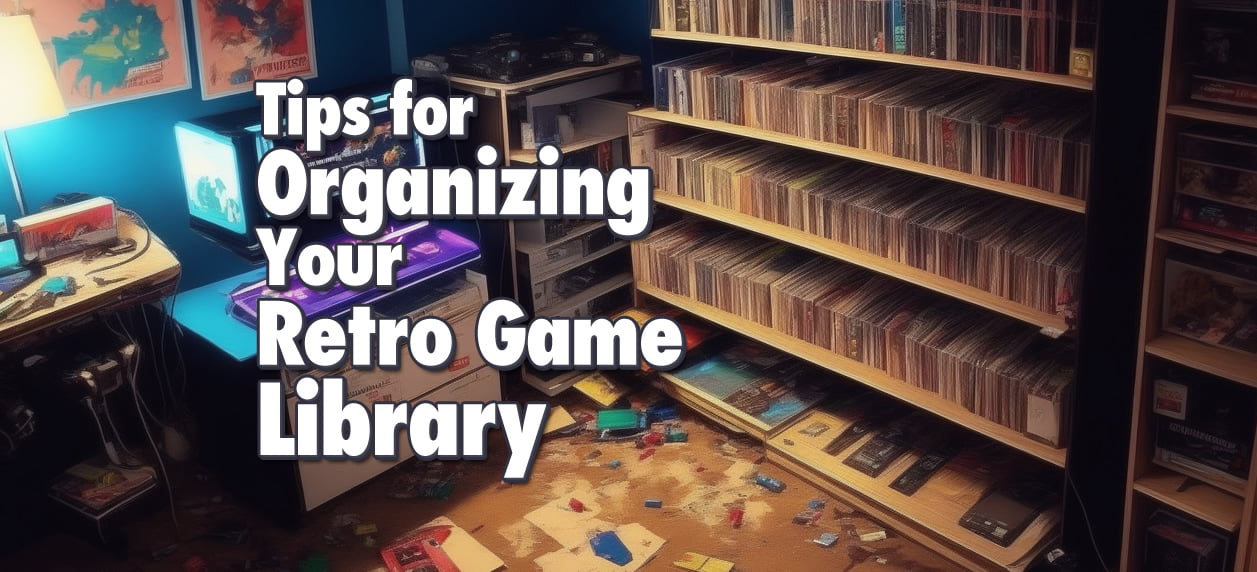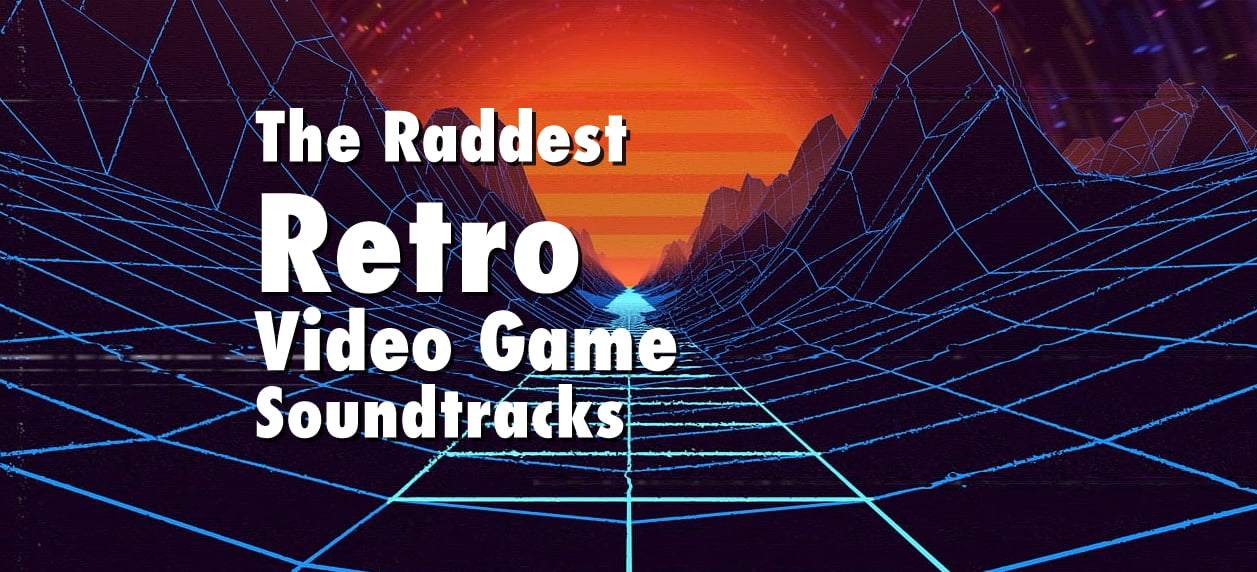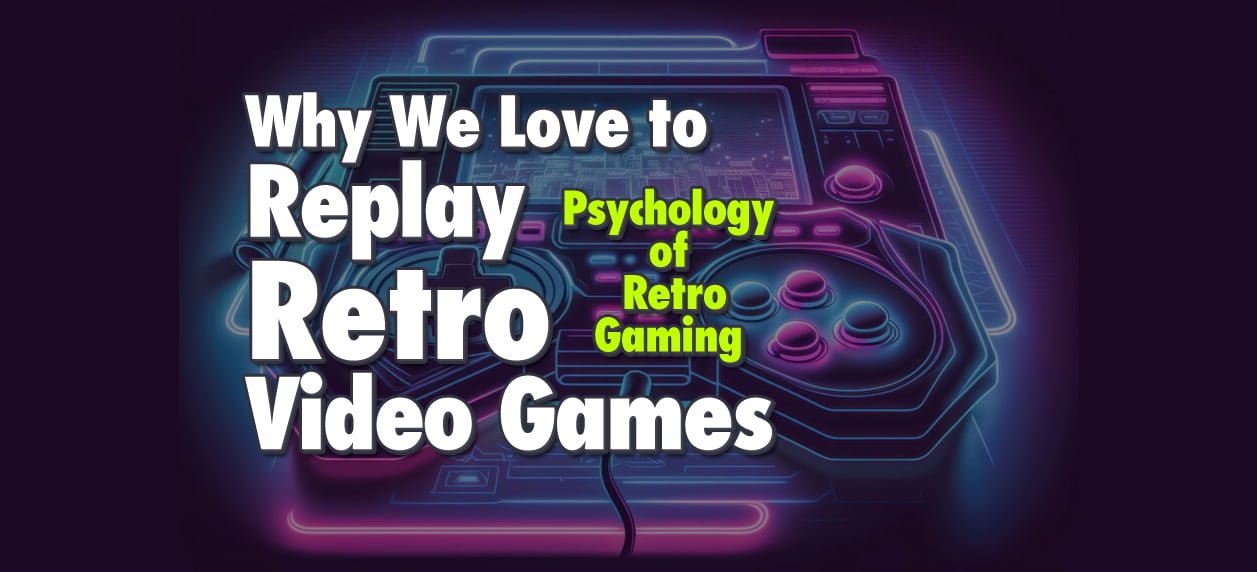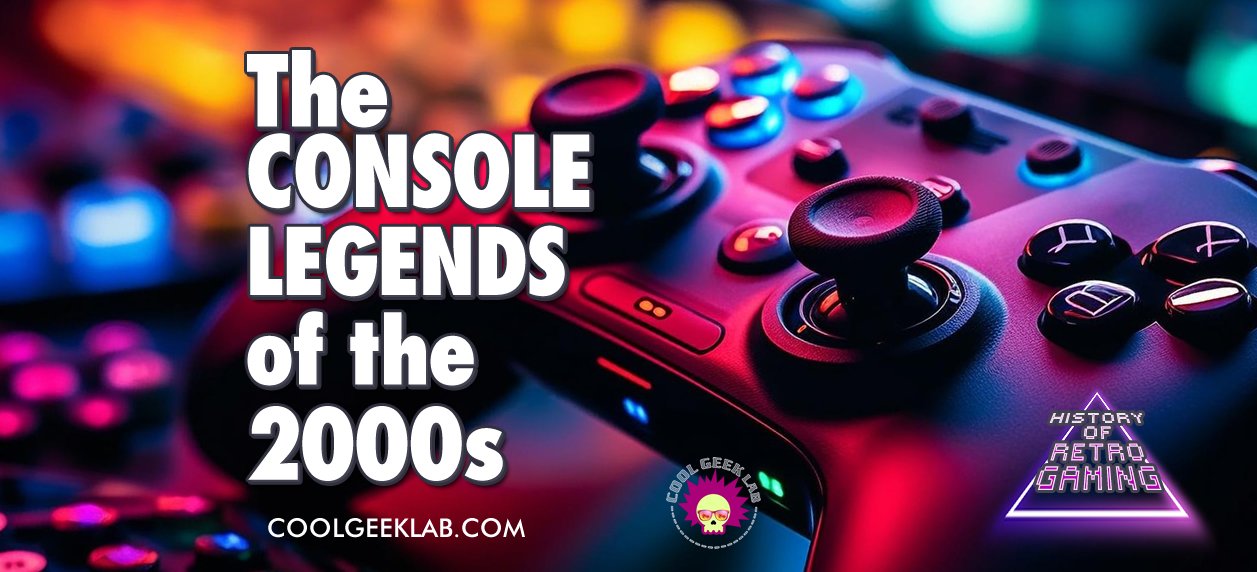There's something magical about revisiting classic titles from the golden age of gaming. But as your collection of retro games grows, organizing them can become a daunting task. Fear not, fellow gamers, for in this post, we'll delve into the art of retro game library organization.
Table of Contents
From physical cartridges to digital ROMs, we'll explore the strategies and tools that will help you curate and enjoy your retro gaming treasures.
The Nostalgic Journey Begins
For many retro gamers, building a collection is a labor of love. You might have started with a few cartridges from your childhood or stumbled upon some vintage gems at a local flea market. Over time, your library expands, encompassing a variety of consoles and titles from the Atari 2600 to the PlayStation 2.
The Importance of Organization
As your retro game collection grows, so does the need for effective organization. Properly organized games are easier to access and enjoy, saving you the frustration of hunting for that specific title when nostalgia strikes. Moreover, a well-organized library can showcase your gaming history and become a source of pride.
Physical Game Collection
Let's begin by tackling physical game collections. Here are some strategies to keep your cartridges and CDs in order:
- Shelving Systems: Invest in sturdy shelves that can accommodate your games. Organize them by console, genre, or alphabetically—whichever system works best for you. Displaying them proudly not only looks fantastic but also makes it easy to browse your collection.
- Game Sleeves and Cases: Protect your physical games with plastic sleeves or cases. Not only do these keep your games in excellent condition, but they also make it easier to identify titles at a glance.
- Labeling: For those who prefer a more meticulous approach, consider labeling each game. You can use printed labels or create your own with detailed information about the game's title, release year, and condition.
- Inventory Lists: Maintaining a digital inventory list is a fantastic way to keep track of your physical games. You can use spreadsheet software like Microsoft Excel or Google Sheets to create a detailed catalog that includes vital information about each game.
Digital Retro Game Library
In the digital age, many retro gamers turn to emulators to play classic titles. Organizing your digital game library requires a different approach:
- Emulator Frontends: Utilize emulator frontends like LaunchBox or RetroPie. These user-friendly interfaces help you organize and launch your games with artwork, descriptions, and a visually appealing layout. They're like your personal museum of gaming history.
- Metadata and Artwork: Adding metadata and artwork to your digital games is crucial for an immersive experience. Most emulation frontends can automatically fetch this information for you, making your library look and feel authentic.
- Folder Structure: Organize your ROMs or ISOs into well-labeled folders. Group games by console, and within each console folder, use subfolders for different genres or series. A clean folder structure makes it easy to find the game you want to play.
- Backup and Storage: Since digital games can take up space, consider external storage options like an external hard drive. Backing up your digital library is essential to preserve your retro gaming treasures.
Caring for Your Retro Video Games Collection
Whether you collect physical or digital games, proper maintenance is crucial:
- Cleaning: Keep your physical cartridges and CDs clean and free from dust or dirt. Regularly inspect them for any signs of wear or damage.
- Backups: Create backup copies of your physical games whenever possible. This helps preserve the games and ensures you can enjoy them even if the original media deteriorates.
- Regular Checks: Periodically check your collection for any missing or damaged items. Reorganize and update your digital library as you acquire new titles.
Sharing the Love
Part of the joy of retro gaming is sharing your passion with like-minded individuals. Consider joining retro gaming communities or forums where you can discuss your collection, exchange tips, and even trade games with fellow enthusiasts. Sharing your organized library can inspire others and foster a sense of community.
Conclusion: The Legacy of Retro Gaming
Organizing your retro game library isn't just about tidiness; it's about preserving the legacy of gaming history. Your collection represents the countless hours of joy, excitement, and adventure that these games have provided over the years.
By keeping your games organized and well-maintained, you ensure that future generations of gamers can continue to appreciate the classics that shaped the gaming landscape.
So, fellow retro gamer, embark on this nostalgic odyssey of organization and rediscover the treasures of your gaming past. Whether your collection spans physical cartridges or digital ROMs, may your retro game library continue to bring joy and nostalgia to your gaming adventures.
Geek on, my friends, and may your retro gaming journey be one for the ages!




